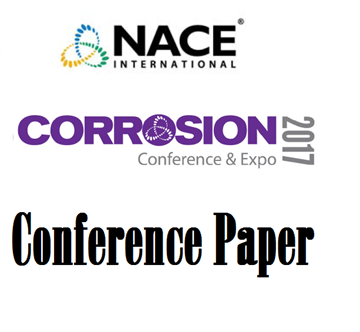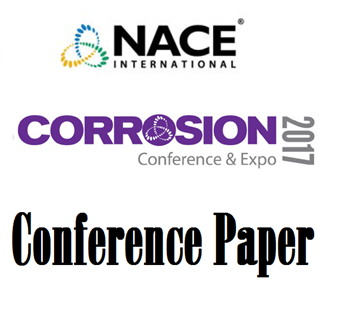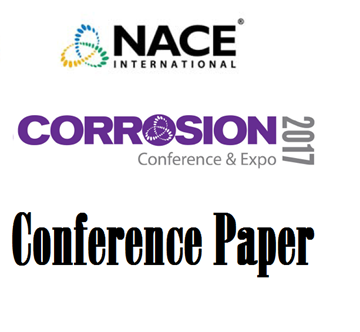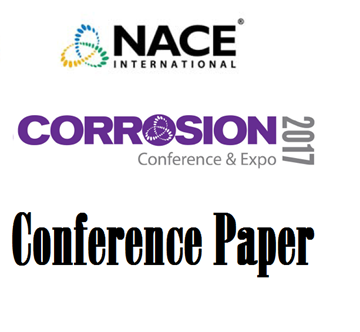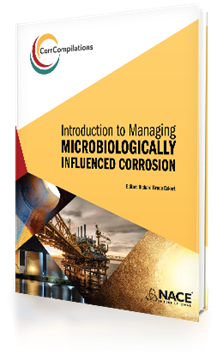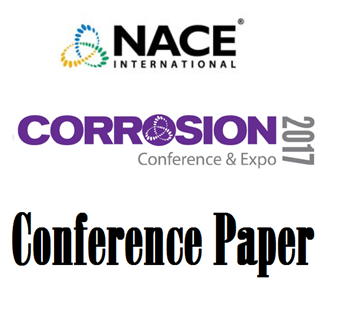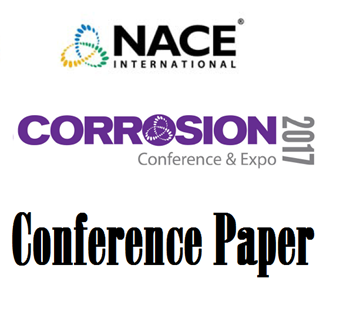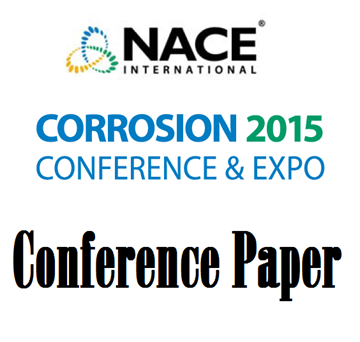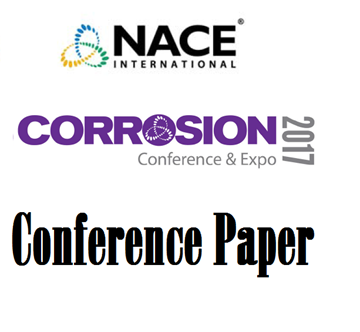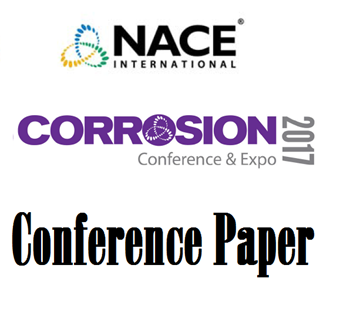Search
Chemical Inhibitors
View as
Sort by
Display
per page
Assessment of Anticorrosion/Antifouling Performances of a Novel Hybrid Epoxy-Siliconized Coating
Product Number:
51317--8906-SG
ISBN:
8906 2017 CP
Publication Date:
2017
$20.00
Biodegradable Method of Corrosion Management for All Industries
Product Number:
51317--9136-SG
ISBN:
9136 2017 CP
Publication Date:
2017
$20.00
Compatibility & Interactions Between Cathodic Protection and Vapor Phase Corrosion Inhibitors
Product Number:
51317--9232-SG
ISBN:
9232 2017 CP
Publication Date:
2017
$20.00
Considerations for Concrete Corrosion Control Alternatives
Product Number:
51317--9046-SG
ISBN:
9046 2017 CP
Publication Date:
2017
$20.00
Control of Corrosion of Electrical Submersible Wells and Rod Pumped Wells in Varied Carbon Dioxide Environments Using Batch Treatment
Product Number:
51317--9450-SG
ISBN:
9450 2017 CP
Publication Date:
2017
$20.00
CorrCompilations: Introduction to Corrosion Management of Microbiologically Influenced Corrosion (e-book)
Product Number:
37601-E
ISBN:
9781575902852
Publication Date:
2015
$130.00
Corrosion Inhibition of Pipeline Steels Under Supercritical CO2 Environment
Product Number:
51317--9153-SG
ISBN:
9153 2017 CP
Publication Date:
2017
$20.00
Effective Inorganic Salt Corrosion Inhibitors for Titanium Components Exposed to Dilute Hydrofluoric Acid Well Stimulation Fluids
Product Number:
51317--8978-SG
ISBN:
8978 2017 CP
Publication Date:
2017
$20.00
Evaluation of Preferential Weld Corrosion Susceptibility and Its Mitigation in Slightly Sour Conditions
Product Number:
51315-5640-SG
ISBN:
5640 2015 CP
Publication Date:
2015
$20.00
Extended Understanding of Inhibition Mechanism of New Corrosion Inhibitor via Electrochemical Measurements and X-Ray Photoelectron Spectroscopy (XPS)
Product Number:
51317--9403-SG
ISBN:
9403 2017 CP
Publication Date:
2017
$20.00
Guidelines for Corrosion Inhibitor Selection for Oil and Gas Production
Product Number:
51317--8842-SG
ISBN:
8842 2017 CP
Publication Date:
2017
$20.00

